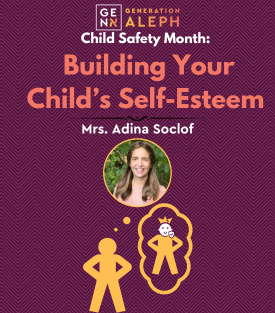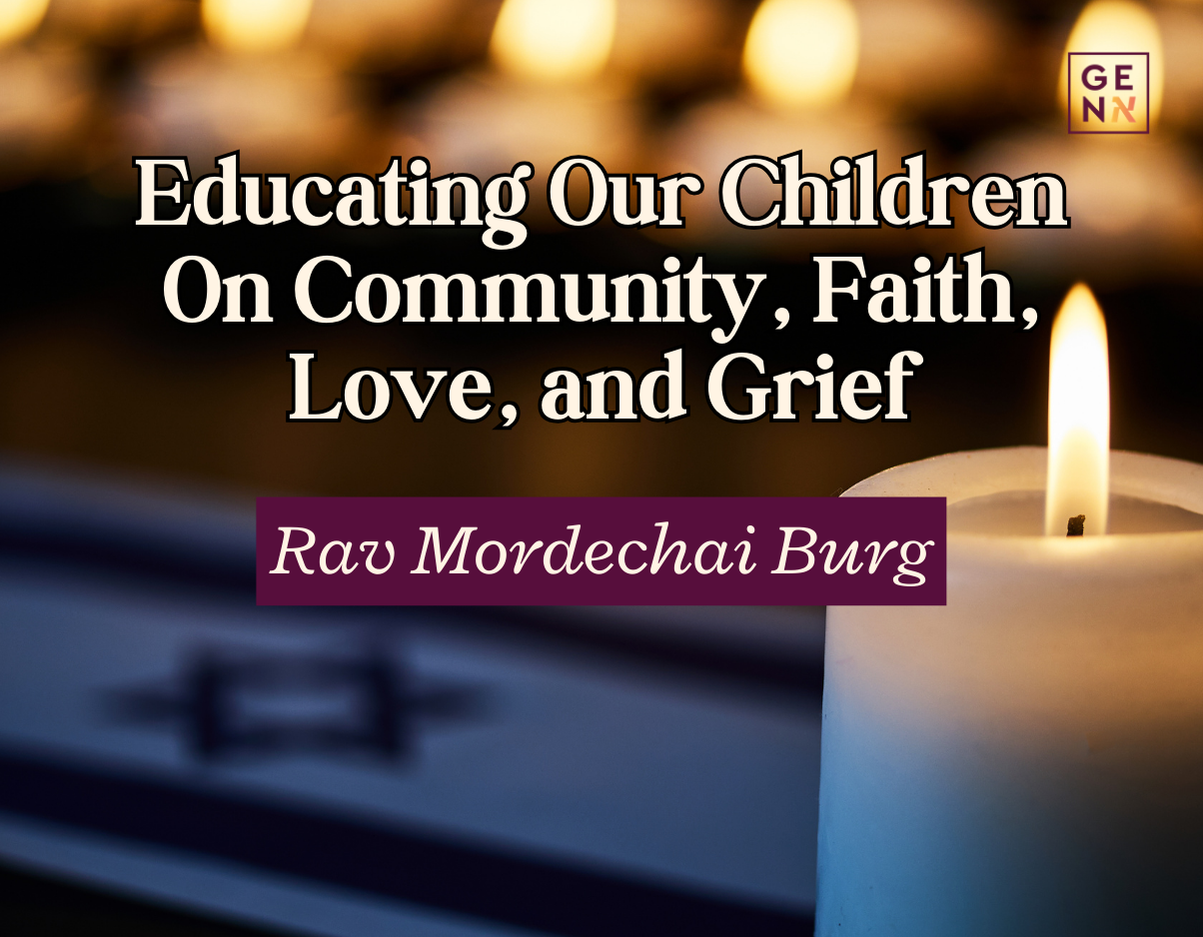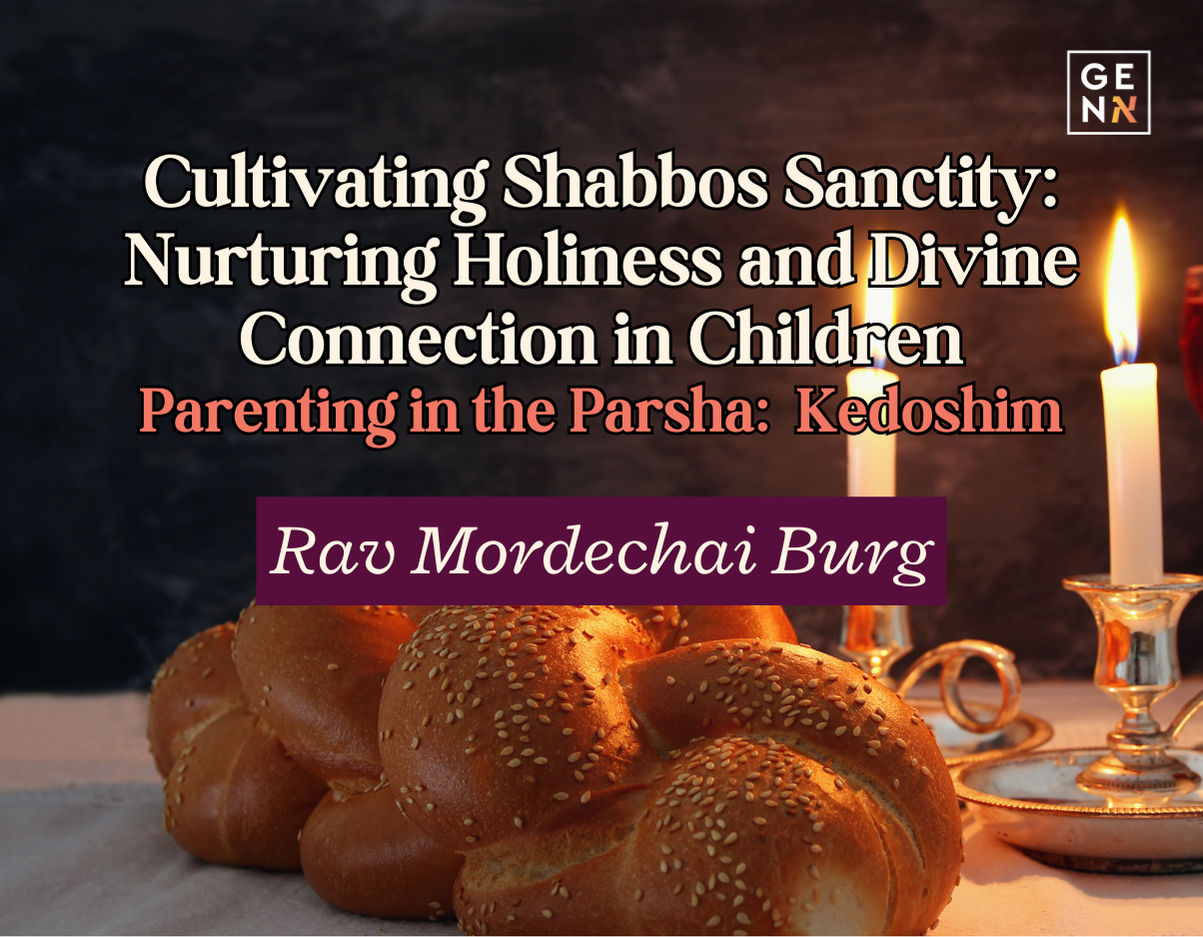וַיֹּ֨אמֶר֙ מֶ֣לֶךְ מִצְרַ֔יִם לַֽמְיַלְּדֹ֖ת הָֽעִבְרִיֹּ֑ת אֲשֶׁ֨ר שֵׁ֤ם הָֽאַחַת֙ שִׁפְרָ֔ה וְשֵׁ֥ם הַשֵּׁנִ֖ית פּוּעָֽה: וַיֹּ֗אמֶר בְּיַלֶּדְכֶן֙ אֶת־הָ֣עִבְרִיּ֔וֹת וּרְאִיתֶ֖ן עַל־הָֽאָבְנָ֑יִם אִם־בֵּ֥ן הוּא֙ וַֽהֲמִתֶּ֣ן אֹת֔וֹ וְאִם־בַּ֥ת הִ֖וא וָחָֽיָה: וַתִּירֶ֤אןָ הַֽמְיַלְּדֹת֙ אֶת־הָֽאֱלֹהִ֔ים וְלֹ֣א עָשׂ֔וּ כַּֽאֲשֶׁ֛ר דִּבֶּ֥ר אֲלֵיהֶ֖ן מֶ֣לֶךְ מִצְרָ֑יִם וַתְּחַיֶּ֖יןָ אֶת־הַיְלָדִֽים: וַיִּקְרָ֤א מֶֽלֶךְ־מִצְרַ֨יִם֙ לַֽמְיַלְּדֹ֔ת וַיֹּ֣אמֶר לָהֶ֔ן מַדּ֥וּעַ עֲשִׂיתֶ֖ן הַדָּבָ֣ר הַזֶּ֑ה וַתְּחַיֶּ֖יןָ אֶת־הַיְלָדִֽים: וַתֹּאמַ֤רְןָ הַֽמְיַלְּדֹת֙ אֶל־פַּרְעֹ֔ה כִּ֣י לֹ֧א כַנָּשִׁ֛ים הַמִּצְרִיֹּ֖ת הָֽעִבְרִיֹּ֑ת כִּֽי־חָי֣וֹת הֵ֔נָּה בְּטֶ֨רֶם תָּב֧וֹא אֲלֵהֶ֛ן הַֽמְיַלֶּ֖דֶת וְיָלָֽדוּ: וַיֵּ֥יטֶב אֱלֹהִ֖ים לַֽמְיַלְּדֹ֑ת וַיִּ֧רֶב הָעָ֛ם וַיַּֽעַצְמ֖וּ מְאֹֽד: וַיְהִ֕י כִּי־יָֽרְא֥וּ הַֽמְיַלְּדֹ֖ת אֶת־הָֽאֱלֹהִ֑ים וַיַּ֥עַשׂ לָהֶ֖ם בָּתִּֽים:
Now the king of Egypt spoke to the Hebrew midwives, one who was named Shifrah, and the second, who was named Puah. And he said, “When you deliver the Hebrew women, and you see on the birthstool, if it is a son, you shall put him to death, but if it is a daughter, she may live.” The midwives, however, feared God; so they did not do as the king of Egypt had spoken to them, but they enabled the boys to live. So the king of Egypt summoned the midwives and said to them, “Why have you done this thing, that you have enabled the boys to live?” And the midwives said to Pharaoh, “Because the Hebrew women are not like the Egyptian women, for they are skilled as midwives; when the midwife has not yet come to them, they have [already] given birth.” God benefited the midwives, and the people multiplied and became very strong. Now it took place when the midwives feared God, that He made houses for them. (Shemos 1:15-21)
The story of our servitude in Mitzrayim begins with the heroism of two women, Shifra and Puah. Pharaoh decreed that all Jewish male children should be killed by the midwives but Shifra and Puah refused to do so. As a reward, Hashem blessed them with בָּתִּֽים, houses. What exactly are houses? Rashi explains it to mean the priesthood, the Levitic family and the royal family which would descend from them. This is in accordance with the Gemara which states that from Yocheved (Shifra) came the Kehuna and the Leviya and from Miriam (Puah) came Malchus.
Rav Yosef Sorotzkin asks, we know that Hashem rewards us Middah Knegged Middah, measure for measure. How is the reward of Kehuna, Leviya and Malchus commensurate with saving the male Jewish children?
Real leaders seek no accolades. They are not interested in fame. Real leaders hide in the shadows so that it is their actions that are celebrated and not them. Real leadership is, in a word, humble. And because of their humility, real leaders create leaders. When we celebrate people, when the person dies the mission dies with them. When we celebrate behavior, their behavior inspires us to follow suit. Years after authentic leaders have passed on, the mission they set before us, the lessons they imparted, continue to inspire us to lead the next generation.
Returning to our question, Rav Sorotzkin answers brilliantly that in truth, Shifra and Puah were not being rewarded at all. The Kehuna, the Leviya and the Malchus that descended from these incomparable women are simply the natural consequence of their heroic actions. Shifra and Puah did not save these Jewish children for any reward they may have received. They did not want their names plastered on any buildings, nor were they hoping to be honored at a dinner. They did what was right because it was right and that’s the best parenting model for building leaders. The children who grew up in the homes of Shifra and Puah, were raised in an environment of humility. They saw what authentic leadership looked like and they naturally followed suit. They became the Kohanim, the Leviim and the Malchus of Klal Yisrael because they were nourished by the humble atmosphere in which they were raised. The leadership of Shifra and Puah naturally resulted in their children becoming the next generation of leaders.
Leadership is one of the words that gets tossed around in our generation. How do we raise the future leaders of Klal Yisrael? Who will pick up the mantle of leadership when the next generation passes on? Instead of focusing on how we can raise our children into becoming leaders, perhaps we ought to focus on what leadership looks like in our communities. Who do we celebrate and why do we celebrate them? Are our leaders grabbing the spotlight or running from it? Is leadership in our community a political game or a group of people who see themselves as humble servants of the community?
In truth, leaders are raised in humble homes, inspired by humble people. When I was growing up our family davened in the Young Israel of Far Rockaway. There were plenty of people in the Shul who served in positions of leadership from the Shul President to the Chair of the Youth Committee but I never saw any of them as the real leaders of the Shul. Mr. Fried was one of the most humble and unassuming men I have ever met. He did all of the jobs in the Shul that no one else wanted to do and he did them without any fanfare or hopes of recognition. In fact, Mr. Fried worked hard to make sure that no one knew what he was doing. I have vague recollections (I was very young) of Mr. Fried being recognized at a dinner but in order to ensure his attendance they had to keep his honor a secret otherwise he would not have attended the dinner. He was allergic to the limelight. Mr. Fried was our true inspiration. If any of us have become leaders in our communities I can assure you that it was in no small measure because of Mr. Fried and others like him who led with humility.
We all want to raise children who take responsibility. Leadership is not only for the community at large but in our own homes as well. Every home should have a large sign hung in a prominent place that reads: Warning: children watching. When we do the right thing because it is the right thing, when we place the needs of others before our own (even when it comes with great risk), when we lead with humility, we inspire our children to do the same. How do we raise the next generation of Moshe Rabbeinu’s, Ahron HaKohen’s and Miriam HaNevia’s? One does not need to be a great Torah scholar nor a wealthy Gvir. We must simply humble ourselves to our families and communities and live a life of service. In humble homes, great leaders are born.
_________________
Rav Mordechai Burg is the Menahel of Mevaseret, Mashpia of NCSY Summer, Mashpia of Nitzotzos, author of Nitzotzos on Chumash and a senior Rebbe at Tomer Devorah and Bnot Torah Institute. His shiurim can be found on Nitzotzos.com.
Submit your questions
"*" indicates required fields











